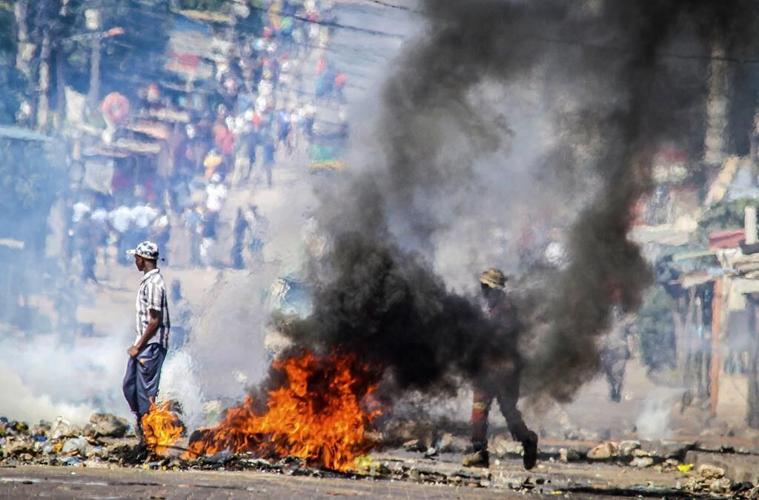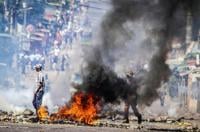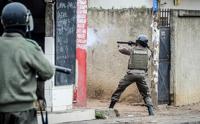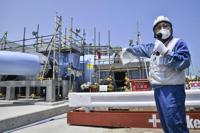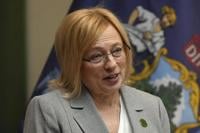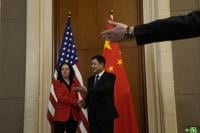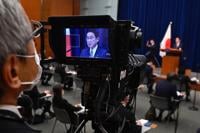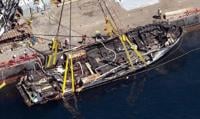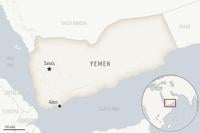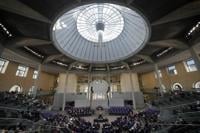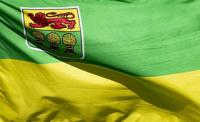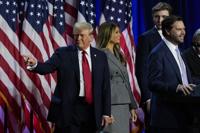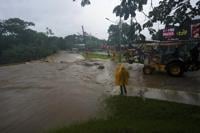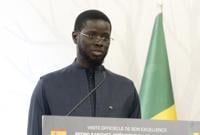JOHANNESBURG (AP) — South Africa closed its border with Mozambique shortly after opening it on Thursday as post-election violence in the neighboring country escalated, leading to clashes between protesters and the police.
Authorities also warned South Africans to postpone non-essential visits to Mozambique. Amnesty International said on Wednesday that at least 20 people have died and hundreds more have been injured and arrested since the beginning of the protests in late October.
The border was closed this week and partially opened earlier on Thursday to allow limited movement of trucks and vehicles stuck there, but the decision was quickly reversed.
Protesters in Mozambique, organized by opposition leaders and their supporters disputing the outcome of the Oct. 9 elections that saw the ruling . Police have reportedly fired teargas to disperse protesters in the capital of Maputo.
Videos on social media sites belonging to opposition leader Venancio Mondlane show scores of young people marching toward Maputo and barricading streets with rocks and burning tires.
Mondlane, who came in second in the presidential election with 20% of the vote, has reportedly fled the country after before the results were announced.
South Africa’s Border Management Agency said it closed its side of the border after 15 employees from the Mozambican border post crossed over seeking refuge and protection.
“They say that the protesters are on the way and have just passed the area where they process the trucks and some of the travelers. They looted everything there, they took computers and they looted the trucks, the situation is just bad,” said agency commissioner Mike Masiapato.
South Africa's international relations minister, Ronald Lamola, called for calm and an end to the violence.
“South Africa expresses concern at the outbreak of incidents of post-electoral violence and regrets the loss of lives and destruction of property," Lamola said.
Internet services in Mozambique have been disrupted since last Friday.
The opposition has accused the ruling Frelimo of rigging the election in favor of its presidential candidate Daniel Chapo, who was declared the winner with more than 70% of the votes by the national Mozambique Electoral Commission.
While the commission declares the results, it is up to the Constitution Council to verify them and deal with any outstanding disputes, including those lodged by opposition parties Renamo and Podemos.
Mozambique authorities threatened this week to unleash the army to quell the protests, accusing the demonstrators of trying to overthrow a democratically elected government. Human rights groups have describes the government's handling of the protests as the worst crackdown in years.

